
Adaptations (Novel to Film): ‘The Lord of the Flies’ [1963 &1990]
![Adaptations (Novel to Film): ‘The Lord of the Flies’ [1963 &1990]](https://www.filmfad.com/wp-content/uploads/2016/06/lf6-838x640.jpg)
“The Lord of the Flies” novel or film…Which one is better?
This question is always asked when it comes to adaptations, no matter if it’s novel to film, film to novel, video game to novel, or video game to film to novel and back to film for a remake.
The most common answer to this century old question is that the original is better than its adaptations. When it comes to novels being turned into films, 95% of the time the novel is better than it’s film adaptation. There are exceptions, but those are for another post that I may tackle in the near future.
For The Lord of the Flies, I’m not going to talk about whether the film or the novel is better. Hands down, the novel is better. Yes, I found the first 100 pages boring and slow, but the final 100 pages are riveting and incredible. The book is better than both movies, yet both movies aren’t bad. These adaptations fall under the category of “They aren’t the book, but they stand on their own.” That’s why I’ll be comparing the two most popular film adaptations of Sir William Golding’s classic tale.
I won’t give a rating for either film or bury one and glorify the other. I recommend watching both, but if you do not have the time, then I suggest you go with the one I recommend the most
Big Differences
Okay, before we get down to the small stuff, let’s talk about some of the MAJOR differences between the two films. First and foremost, the 1963 version is in black and white, so if you don’t like B&W films, then I suggest you go ahead and stop reading and go watch the 1990 version.
The 1990 version is definitely more R-rated than the older version, which in itself isn’t the most PG thing on the planet. The only reason I give the older version, which is unrated, a PG-13 tag is because all the violence involves children who haven’t hit puberty yet. Pretty gruesome and sick if you think about it, but what do you expect if adolescence invaded a remote island?
Music. I’ll get to this a little bit later in the post, but it’s something that’s worth mentioning twice. Music is, like every aspect of film, a very important part of storytelling when it comes to a visual medium. It helps the audience enter the internal workings of character/situation without any obvious exposition/dialogue. It’s so important that it could completely change the genre of a film. The 1990 version’s score surpasses its predecessor, but there will be more on that later.
Cinematography
Can’t really say which one is better under this category. Yes, there are films like Citizen Kane or Battleship Potemkin whose cinematography still shocks and awes film historians and professors to this day, but the advancements in cinematography from 1963 to 1990 are vast and are very evident when comparing both films.
Regardless of that, the cinematography in the 1963 version is masterful for shooting on an island with pretty much all-natural lighting. Where 1963’s cinematography suffers comes from the editing. Some shots linger a little too long or start a few seconds before they should have, creating moments that truly bring down the pace. A very small thing in comparison to the rest of the film, yet it happens so often it’s noticeable throughout.
The 1990’s version definitely has a higher production value when it comes to this aspect of the film. It’s a little more “Hollywood” or “Studio,” but it keeps an overall barbaric nature supporting the tone of the film. It’s well shot and should not be overlooked as “standard” or “generic.”
The composition in both films were carefully chosen and sought after, but even more so in the 1963 version, which I believe helped it achieve Criterion status.
Acting/Characters
The Lord of the Flies is a very poetic and internal/emotional novel. Much of the story comes from what the characters do when they are alone, from their dreams, and from their own personal bouts within their subconsciouses. Novels can do that, and the best ones do it with masterful expertise. When it comes to a visual medium like film, without abstract monologues or completely breaking the fourth wall, the audience has a hard time reaching the crevices of most characters making the trip from a novel to a film.
Both adaptations are no different. The 1963 version’s acting is pretty bland and boring at times. It feels like a middle school class was forced into doing a Shakespearian play and none of them wanted to do it. The dialogue comes straight from the book, which makes you realize how much those internal crevices help motivate a character’s lines. Without seeing or understanding those crevices, a character’s dialogue comes off as unmotivated and completely unsatisfying.
The 1990 version, while acting is pretty “meh,” actually does a better job of bringing out the characters that exist within the novel. They do this by updating the dialogue to fit the time period and have the characters reveal some internal thoughts during a few moments.
The 1963 version suffers here because it tries to stay true to the book too much. It kind of comes like someone saying, “The dialogue is perfect; it cannot be changed. Change is blasphemy.” I’m all for the elitist mentality when it comes to a novel, but film is a whole different ball game. The 1990 filmmakers knew change was needed in order to create character and were successful in doing so.
Even with those changes the 1990 version suffers slightly.There are benefits to staying true to the book and benefits of veering off the path. They still come with consequences in the end, and those consequences are what, in my mind, create such a back-and-forth battle about which version is better. The 1963 version actually does a better job with displaying the characters’ arcs that occur in the novel. In the 1990 version, Ralph is good and Jack is bad. Right off the bat you know who hates whom and who likes whom. In the 1963 version, like the novel, Ralph and Jack are very similar and actually want to help each other, but power, jealousy, and greed make Jack transform into a savage leader while Ralph turns into the leader he was meant to be by sticking to a strict moral code.
Each film’s portrayal examines the characters differently. 1990 version allows for more expedition into the crevices, and 1963 stays on the surface but takes you on a better character journey. Regardless, I prefer the performances in the 1990 version. The children actually feel like children, more so than the book to be honest, and just being able to see the characters in the book come to life, rather than being dead and boring in the 1963 version, is a nice addition as well.
(The only performance truly worth mentioning is Chris Furrh’s, who plays Jack Merridew in the 1990 version. And the Hunters definitely look better in the 1963 version; much more terrifying and barbaric.)
Music
The only thing memorable about the 1963 score are the quick crescendo of drumbeats heightening the tension and matching up beautifully with some quick cuts to close-ups. Other than that, the 1963 score is pretty abysmal. It’s one of those scores, as mentioned before, that can completely change the genre and tone of a film. The drumbeats are the only form of music, other than the Hunters’ chants, for the majority of the film. The rest of the score is similar to old school military marching music with flutes, trumpets, and drums. Now, when I think of the latter portion of this score, it does not seem like The Lord of the Flies to me. It feels like the theme to Hogan’s Heroes or a 1940s Pro-America war film that was shown to keep up country moral, which is EXACTLY how the end of the 1963 version felt. Unlike the novel, the 1963 version doesn’t have any final, gut wrenching tears from Ralph as his savior stands in front of him. No, it just has Ralph bumping into the navy officer and then the flutes, trumpets, and drums slowly chime in Pro-America fashion. I laughed because I honestly thought an American flag would dissolve over the film’s final image, even though the entire cast was British. I was fairly pleased with the 1963 version, given its year and production value, up until the ending. It just left me with a bad feeling in my stomach.
The 1990 version does it right. The score creates atmosphere, strengthens the tone, and allows the audience to sink into the character crevices.
This is one of those areas where you can’t justifiably say, “Oh, the 1990 version had the benefit of more advanced technology when it came to film scores.” No. Music is Music and has been MUSIC since the dawn of MUSIC. Go watch Harvey, a 1950 masterpiece adapted from a Pulitzer Prize winning play, and try and tell me “advanced technology” dictates how good a film score is. Yes, budgets are a factor when it comes to music, but I’ve heard some pretty incredible stuff done with a few trumpets, flutes, drums, and guitars.
Relativity to the Novel
Ah, the big factor when it comes to adaptations. Now, before I continue, here’s how I view adaptations… They are adaptations. They shouldn’t be exactly like the original. The original is good for a particular reason. Why try to be like the original when you can try to create your own greatness with an already wonderful piece of art? Yes, you can argue by saying, “Well it needs to be the same, since the original was successful.” Okay, but once again, the original is good for a particular reason… because it was original (or however you want to look at it because no story is “original” anymore). Adaptations are meant to take something old, re-shape it, and then churn it out as something new for a younger/fresh/new audience. I love adaptations. Gimme’ the original story of Romeo & Juliet and I’ll re-shape it into a WW2 love story about two star-crossed lizards separated by a conflict between humans. Weird, yes, but it’s something new for a younger/fresh/new audience.
In the case of “Lord of the Flies,” neither film stays absolutely true to the novel, but the 1990 version does more “adapting” than the 1963 version, which does more cutting and leaving things out.
In the 1963 version, Simon’s storyline is almost completely forgotten. Simon is the neutral character who starts going crazy right before things go downhill. He’s no one’s ally, but he’s everyone’s neutral friend. He’s a complicated character that has a few screws loose, yet very human indeed. He is actually the first, technically, to interact with “The Lord of the Flies” and ends up getting killed when the Hunters mistake him for the Beast that terrorizes the island. That pivotal interaction and his murder are pretty much all you see of Simon in the 1963 version, which is upsetting to say the least.
Simon’s story is an important subplot for the overall plot of the story that was ripped out of the 1963 film. It leaves a big empty hole in the heart of the story and leaves fans of the novel with a subtle grimace on their face. Without understanding Simon, his character and death feel like cheap ways to pull on heartstrings and move the story forward.
The 1990 version does a better job with Simon’s storyline, but not too much better. You get the feeling that Simon is a little more abstract and eccentric than the other boys because of his vivid dreams and loner personality, but you still don’t fall in love or sympathize with him. In the novel, Simon is the symbol of neutrality between Ralph’s Lawmen and Jack’s Hunters. After his death, the line has been truly broken, enemies have been declared, and there’s no going back to the way things were. You don’t get the sense of that in either film. It’s upsetting, but the 1990 version benefits from having more well-developed characters and arcs.
When it comes to the 1963 version and relativity to the novel, it’s like I said above; it feels like they took the novel and removed enough of its life so it would fit within the 90-minute time frame. Without anything to make up for those lost body parts, the film suffers with a severe case of minimalism, externalized journey, and bland characters.
Both films hit all the major plot points that make the novel a storytelling masterpiece, but the 1990 version arrives to them differently: Jack’s Hunters are created earlier than usual, Piggy’s glasses break later in the film, the beast is a minor subplot rather than a major one, the Hunters invade Ralph’s camp to steal a knife, elaborate information about how the boys got to the island, an injured adult actually becomes the “beast.” Those are just a few examples of what make the 1990 version very different, but it still sticks close to the book by hitting all of the same major plot points.
Another change in the 1990 version is Ralph’s character. In the novel, Ralph and Jack aren’t best friends, but their intentions start off the same and just completely veer away from each other as the story progresses. Ralph and Jack are pricks to Piggy, but Ralph is always the one to say sorry and Jack isn’t. This is evident in the 1963 version, but Ralph is 100% the nice guy/hero/Piggy’s friend from minute 1 to minute 86 of the 1990 version. It’s a subtle change that has a huge impact, especially for someone like me who felt empathy not sympathy for Ralph in the beginning of the novel. This little change in the 1990 version sucks the initial humanity out of Ralph’s character, but thank the lord for the updated dialogue, which helped vitalize Ralph through the duration of the 1990 version.
Final Thoughts
I say choose the 1990 version over the 1963 version, but I’m not saying don’t forget about the 1963 version. The novel is poetry filled with metaphors dripping with coming-of-age troupes that illustrate the thin line between man and beast in times of war. The 1963 film is more poetic, but that’s because its dialogue is taken straight from the novel and its black and white cinematography. The 1990 film is a better experience, but it is missing the poetry and humanity that the 1963 version held onto, even though it was stripped of many wonderful things.
Watch both films. If you only have time for one 90-minute adventure, go with the 1990 version. Or read the novel. You can’t go wrong with the original work because the original is good for a reason.

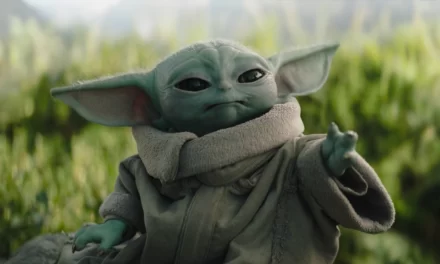
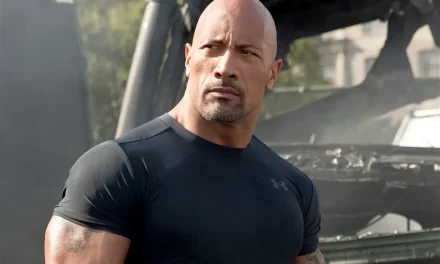


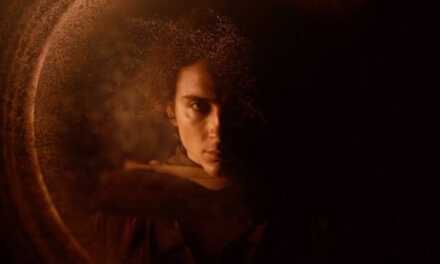



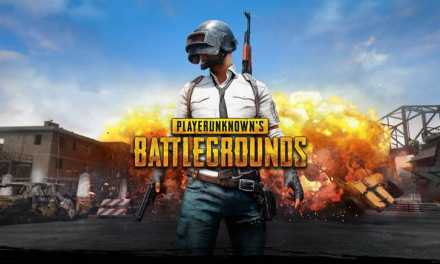
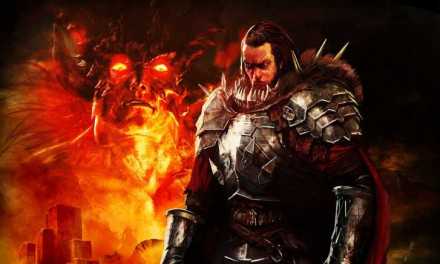



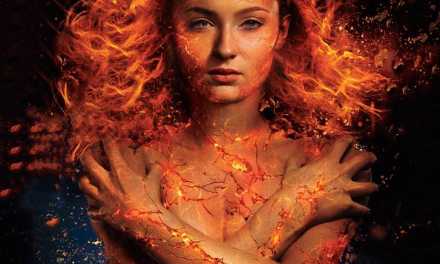



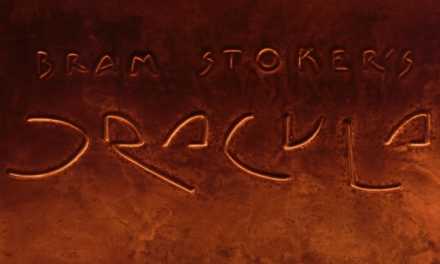
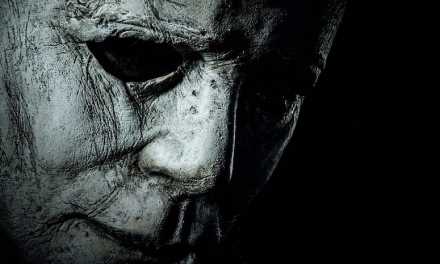



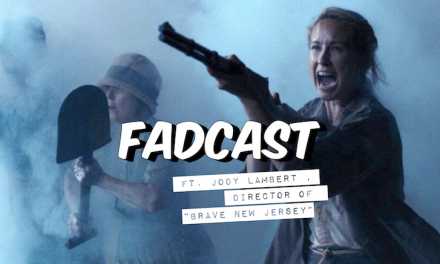
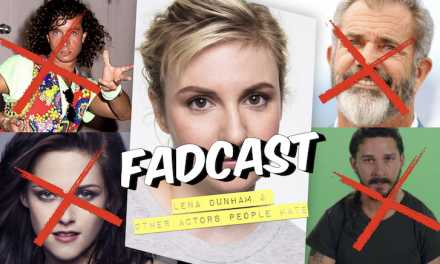



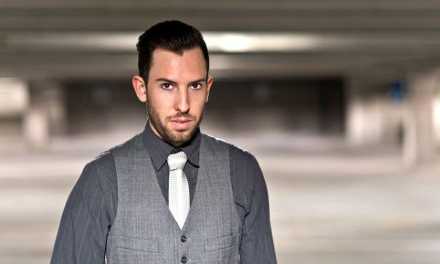
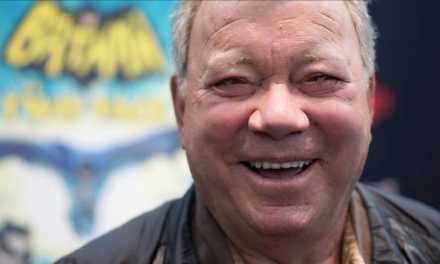




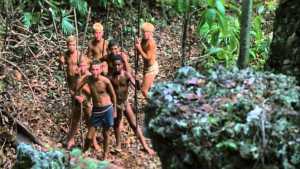
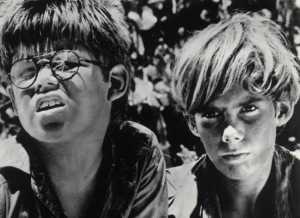
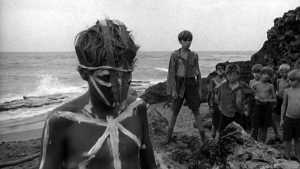
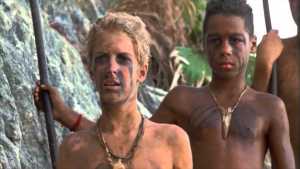
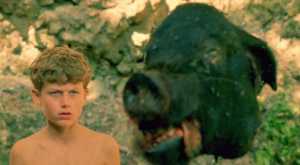
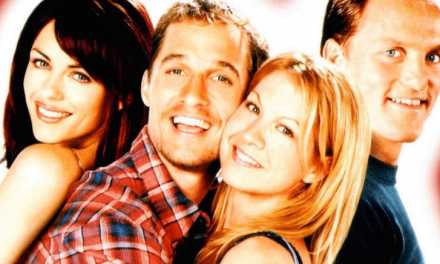
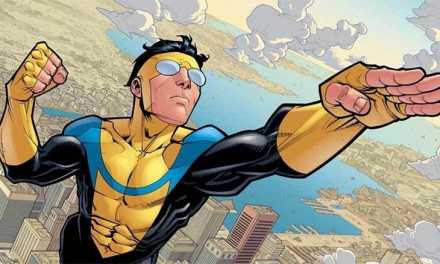
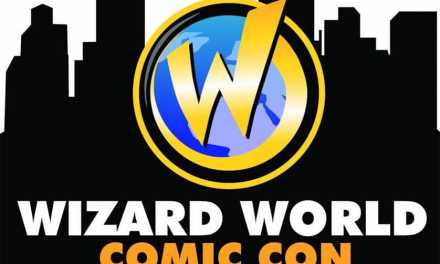
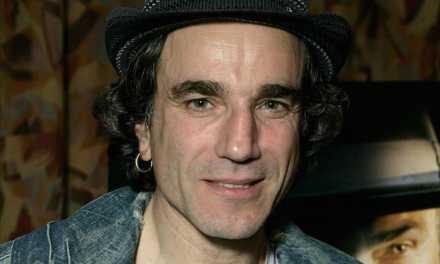






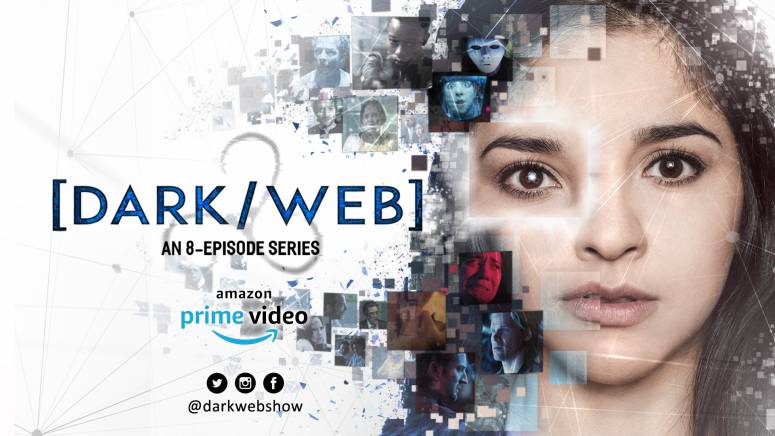
I remember hating the book when I read it but that was back in middle school when I wasn’t a strong reader. I’d be willing to try again and see if I like it better.
Haven’t seen either film version but have been meaning to.
Thanks for this!! Was contemplating the 1990 version as the original seems to be lacking intensity, the critics rave reviews numbed the trailer and clips. As long as the character arc and theme are still there in the new version, why not? 🙂